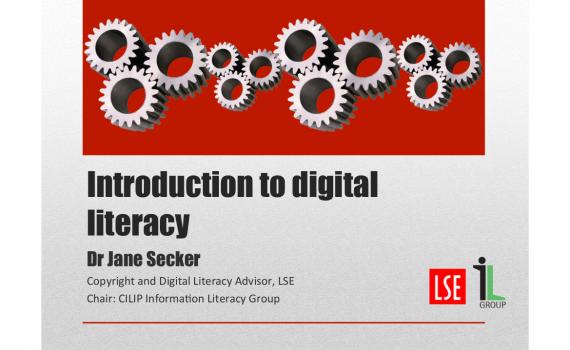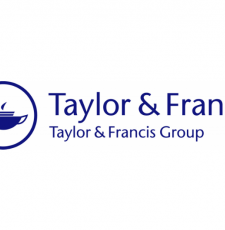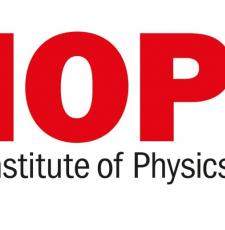
The EIFL webinar ‘An introduction to digital literacy’, which took place on 6 October 2015, was led by Dr Jane Secker and attracted over 50 participants from 17 countries: Azerbaijan, Iran, Italy, Kenya, Kyrgyzstan, Latvia, Lithuania, Moldova, Myanmar, Nigeria, Serbia, South Africa, Swaziland, Turkey, Uganda, United Kingdom and Zimbabwe.
Dr Secker is Copyright and Digital Literacy Advisor at the London School of Economics and Political Science, and she is also the Chair of the Chartered Institute of Library and Information Professionals (CILIP) Information Literacy Group in the United Kingdom.
Dr Secker reviewed five digital literacy frameworks by FutureLab, Beetham and Sharpe's pyramid model, the revised JISC Digital Capabilities Model (which is specific to higher education), Doug Belshaw's model, and the 'New Curriculum for Information Literacy' put together by Secker and her colleague Emma Coonan in 2011.
Secker discussed some key points common to all the frameworks:
- 'Digital literacy' is a contested term without a single, straightforward definition. Other terms, like 'academic literacy', 'information literacy, or 'digital capability', may sometimes be used to refer to a similar concept. But if you use the term 'digital literacy', it is important to define it clearly. Your definition needs to fit the context of the institution that you are working in.
- Digital literacy does not refer to a set of generic skills, but needs to be taught within a subject context. It is important to involve teachers of different disciplines and make sure that digital literacy is integrated into their curricula. Digital literacy skills for science or medicine students will be different from skills needed by students in arts and humanities.
- Digital literacy cannot be limited to a set of functional skills, such as computer skills or coding - although in most cases it does involve a critical use of technology, and, importantly, the confidence to use technology.
- Digital literacy teaches users about their digital identity and wellbeing - their online presence, what others will find when they Google them, what they want people to see, and how to take control by changing some of their online privacy settings.
- Digital literacy is not a set of skills that students can learn and then they are 'done'; digital literacy is continuously evolving, and therefore learning also continues. Digital literacy requires self-teaching; if you need new knowledge and skills, you need to know that you can find YouTube videos and other learning materials online.
- Digital literacy is also about discernment and scepticism about online information. You should encourage students to think critically about information they find on the internet, and help them to understand the features of good online information sources, for example, to look for references, links to external sources, and to check the credibility of the organization producing or publishing the information.
- Ethics are also crucial to digital literacy: it is important to teach students to check copyright and licensing issues before copying information or images found online.
- Digital literacy includes understanding and creative and collaborative use of online tools.
When implementing a digital literacy framework at your institution, or developing your own, you need to consider who your stakeholders are, and involve different departments, such as the library, the teaching and learning centre, etc. It is also important to involve students and receive their feedback both before implementation of the framework, to understand their current abilities, and during implementation, to understand students’ changing needs. Students may learn more from their peers than they do from staff teaching. You can find more information about how to involve students in implementing a digital literacy framework by reading about the (blogs.lse.ac.uk/lsesadl) Student Ambassadors for Digital Literacy (SADL) Project at the London School of Economics.
If you’re still not sure what exactly can be taught in a digital literacy course, take a look at the free 'Being digital - skills for life online course by the Open University in the UK. It even includes a quiz where you can test your own abilities!
You should also keep your eyes open for the upcoming Digital Voyager course that is being developed by Emma Coonan at the University of East Anglia.
watch the webinar now
Find more information about the webinar, including a link to the instantpresenter recording and the presentation slides.
SHARE / PRINT









